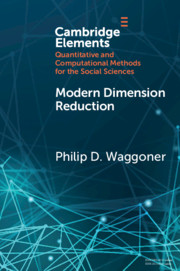StopAsianHate protests arose in the West during the COVID-19 pandemic, opposing a perceived increase in hate incidents directed against Asians in general and Chinese people in particular. These events raise a question: what is the nature of attitudinal biases about Chinese people in the English-speaking world today? Here, we seek answers with AI and big data. Using BERT language models pre-trained on massive English-language corpora (books, news articles, Wikipedia, Reddit and Twitter) and a new method for measuring natural-language propositions (the Fill-Mask Association Test, FMAT), we examined three components of attitudinal biases about Chinese people: stereotypes (cognitive beliefs), prejudice (emotional feelings) and discrimination (behavioural tendencies). The FMAT uncovered relative semantic associations between Chinese people and (1) cognitive stereotypes of low warmth (less moral/trustworthy and less sociable/friendly) and somewhat low competence (less assertive/dominant but equally capable/intelligent); (2) affective prejudice of contempt (vs admiration); and (3) behavioural discrimination of active/passive harm (vs help/cooperation). These findings advance our understanding of attitudinal biases towards Chinese people in the English-speaking world.

